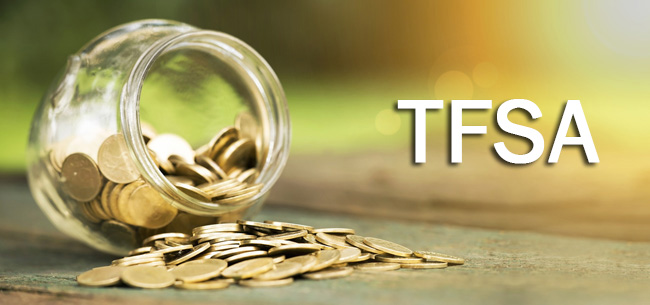
Four Steps to Get the Most Out of Your Tax-Free Savings Account
"There may be liberty and justice for all, but there are tax breaks only for some" (Martin Sullivan)
Since 2015, all South Africans have been able to invest in tax-free savings accounts (TFSAs). The appeal of these products is that any funds invested will attract zero tax. That means no tax on the interest earned, no tax on dividends, and no capital gains tax when you make a withdrawal.
Although the contribution limits are fairly low – R36 000 per year, and R500 000 over a lifetime – the benefit of not paying any tax on the money invested can be substantial. To make the most of that benefit, however, there are four important things to keep in mind:
- Treat them as long-term investments
The annual gain that you see from not paying tax on an investment is actually pretty small. Depending on where you are invested, it is estimated to be around 2%.
When you start compounding that year after year, however, it takes on quite a different look.
Ninety One recently estimated that if someone made their full contribution to their TFSA every year, and earned a 10% annualised return, after 20 years they would have 25% more than they would in a normal investment. To realise that, however, you have to stick around to benefit from compounding the gains.
- Don’t waste your limits
The R500 000 that you are allowed to invest in a TFSA is fixed. You don’t get some of that back if you make a withdrawal.
This is another reason for seeing this as a long-term investment. If you take money out early, you will be losing the real benefits of the tax saving, which really only start to be meaningful after at least 10 years.
TFSAs should therefore not be used as emergency savings accounts or for short-term goals like saving for a holiday.
- Don’t invest in cash
Many South Africans have opened up TFSAs at their banks. Unfortunately, however, deposits in the bank are far from the best use of a tax-free allowance.
This is for two reasons.- Firstly, all South Africans can already earn up to R23 800 interest per year tax free. Currently, banks are offering interest rates on fixed deposits of around 6.5%. That means that in order to be earning more than the interest you get tax free anyway, you would need to have R366 000 in the bank.
Since TFSAs have only been available for six years, nobody could have saved that much yet. In other words, nobody in a TFSA that is in a bank deposit is seeing any benefit.
- Secondly, as noted earlier, TFSAs should be seen as long-term investments. And, over the long-term, cash is the worst-performing asset class. To really see the benefit, you should be thinking about high exposure to growth assets like shares and listed property.
- Firstly, all South Africans can already earn up to R23 800 interest per year tax free. Currently, banks are offering interest rates on fixed deposits of around 6.5%. That means that in order to be earning more than the interest you get tax free anyway, you would need to have R366 000 in the bank.
- Think global
One of the biggest advantages of TFSAs is that there are no limits on where you can invest. In retirement annuities and pension funds, you are restricted by Regulation 28, which only allows 30% offshore, and a further 10% in the rest of Africa.
TFSAs have no such limits. That means that they can be used to increase the offshore exposure in your retirement savings if you use them alongside your existing pension fund or retirement annuities.
This doesn’t necessarily mean that going 100% offshore in a TFSA is right for everyone. You still have to consider your personal circumstances and your investment portfolio overall. But TFSAs do give you that option.
Discuss with us how you can get the most out of your TFSA, and what asset allocation might be best for you.
Provided by Vaal Triangle Insurance
© DotNews. All Rights Reserved.
